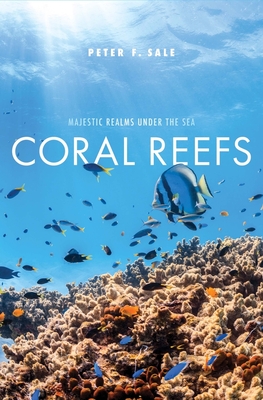Expedite your nonfiction book discovery process with Readara interviews, summaries and recommendations, Broaden your knowledge and gain insights from leading experts and scholars
In-depth, hour-long interviews with notable nonfiction authors, Gain new perspectives and ideas from the writer’s expertise and research, Valuable resource for readers and researchers
Optimize your book discovery process, Four-to eight-page summaries prepared by subject matter experts, Quickly review the book’s central messages and range of content
Books are handpicked covering a wide range of important categories and topics, Selected authors are subject experts, field professionals, or distinguished academics
Our editorial team includes books offering insights, unique views and researched-narratives in categories, Trade shows and book fairs, Book signings and in person author talks,Webinars and online events
Connect with editors and designers,Discover PR & marketing services providers, Source printers and related service providers

Coral Reefs: Majestic Realms Under the Sea
Science > Earth Sciences - Oceanography
- Yale University Press
- Hardcover
- 9780300253832
- -
- -
- Science > Earth Sciences - Oceanography
- (Single Author) Asian American
- English
Readara.com
Book Description
When mass coral bleaching and die-offs were first identified in the 1980s, and eventually linked to warming events, the scientific community was sure that such a dramatic and unambiguous signal would serve as a warning sign about the devastating effects of global warming. Instead, the resulting decades have witnessed yet more degradation. Reefs around the world have lost more than 50 percent of their living coral since the 1970s.
In this book, distinguished marine ecologist Peter F. Sale imparts his passion for the unexpected beauty, complexity, and necessity of coral reefs. By placing reefs in the wider context of global climate change, Sale demonstrates how their decline is more than simply a one-off environmental tragedy, but rather an existential warning to humanity. He offers a reframing of the enormous challenge humanity faces as a noble venture to steer the planet into safe waters that might even retain some coral reefs.
Author Bio
Prof. Peter Sale is a marine ecologist with over 40 years experience in tropical coastal ecosystems, particularly coral reefs. He is senior advisor to the director of the UNU Institute for Water, Environment and Health (UNU-INWEH). Prior to UNU-INWEH he was a faculty member at the University of Sydney in Australia, University of New Hampshire in the US, and University of Windsor, Canada, where he remains Professor Emeritus.
His work has focused primarily on reef fish ecology, most recently on aspects of juvenile ecology, recruitment and connectivity. He has done research in Hawaii, Australia, the Caribbean, and the Middle East and visited reefs in many places in between. He has successfully used his fundamental science research to develop and guide projects in international development and sustainable coastal marine management in the Caribbean and the Indo-Pacific. His laboratory has produced over 200 technical publications and he has edited three books dealing with marine ecology.
Source: United Nations University
Videos


Community reviews
No Community reviews

